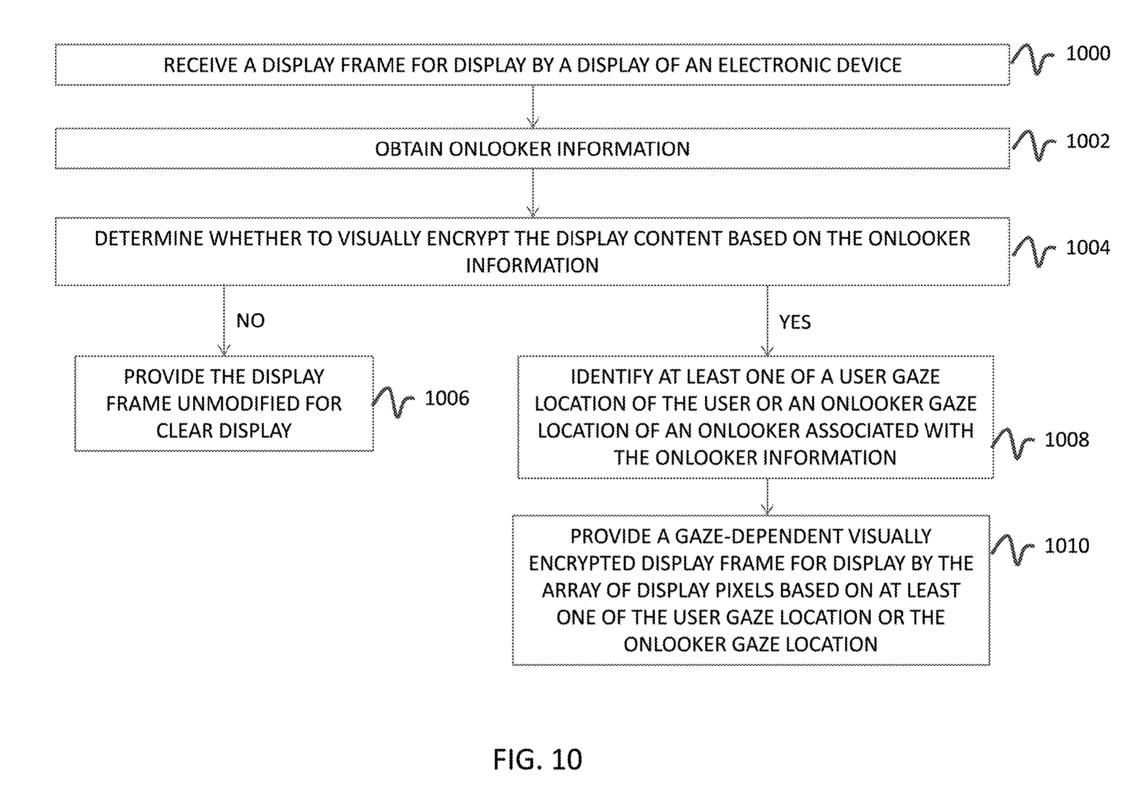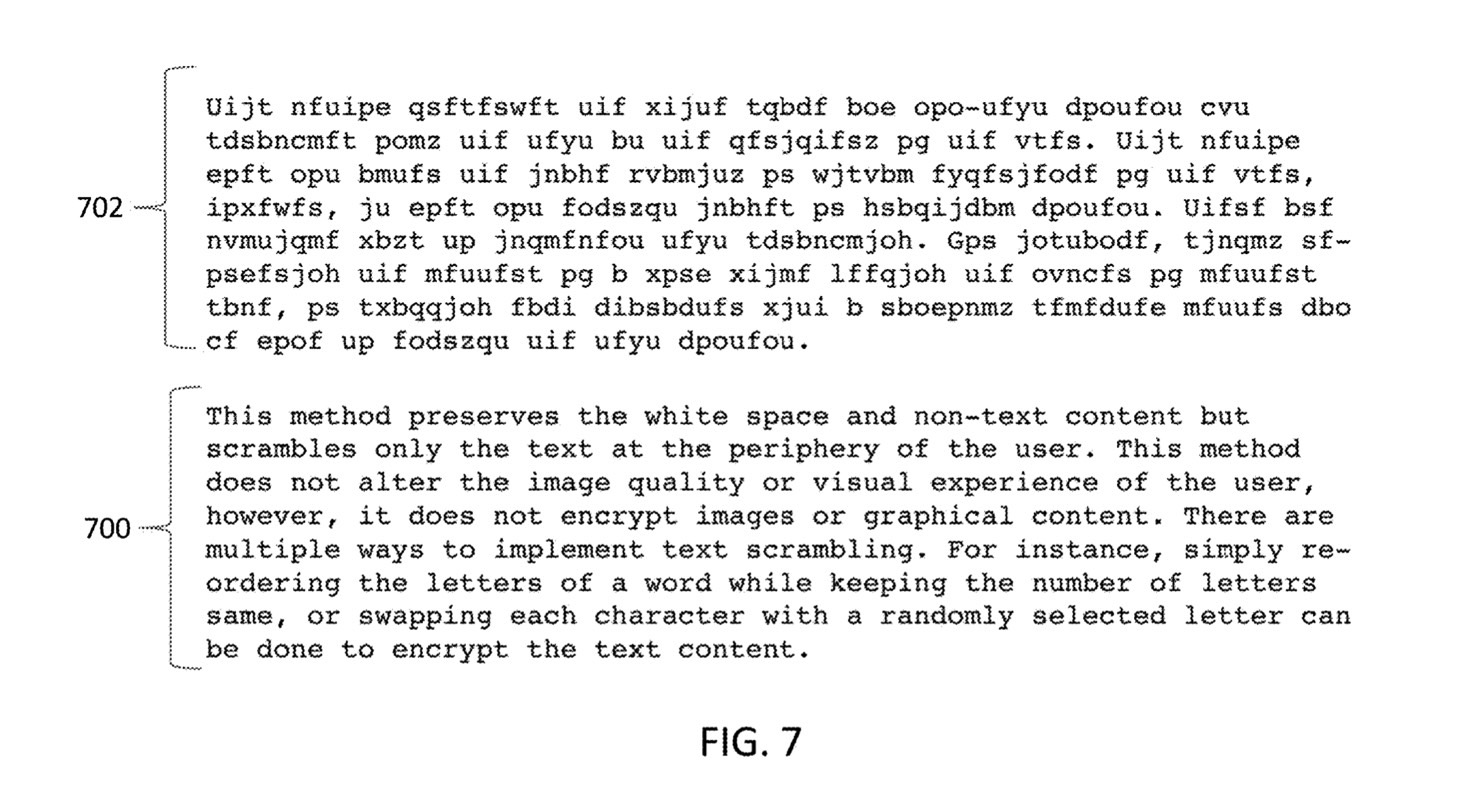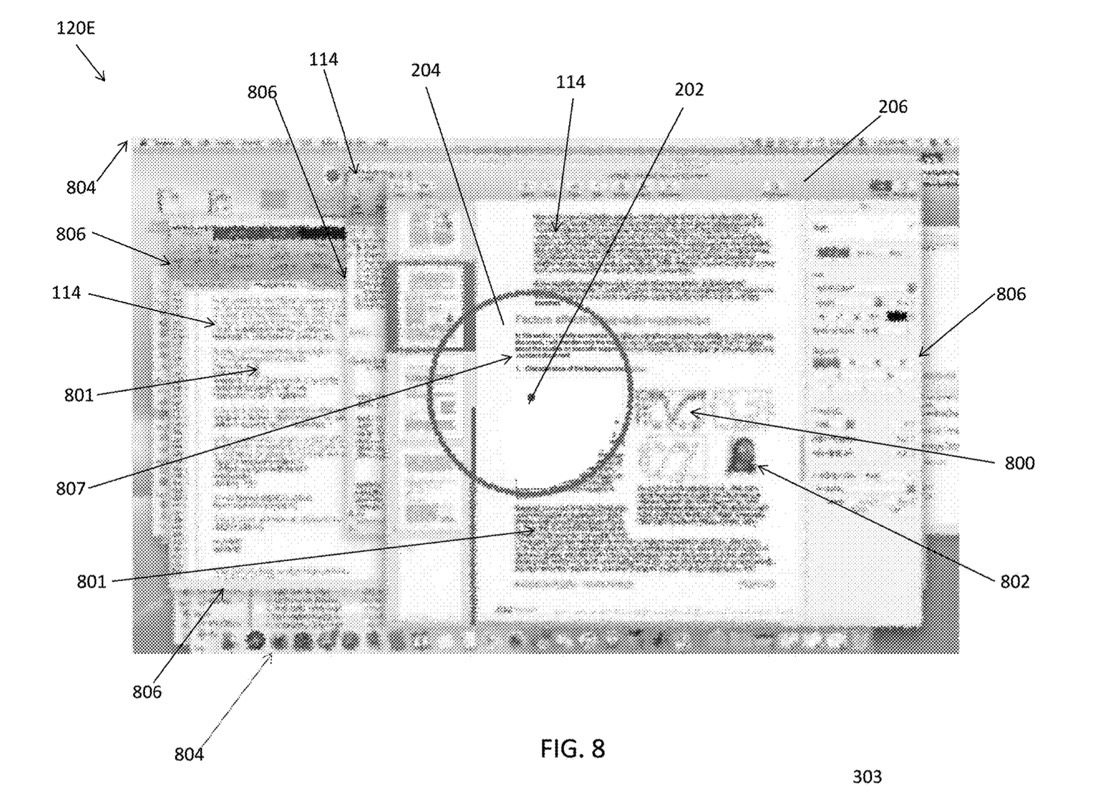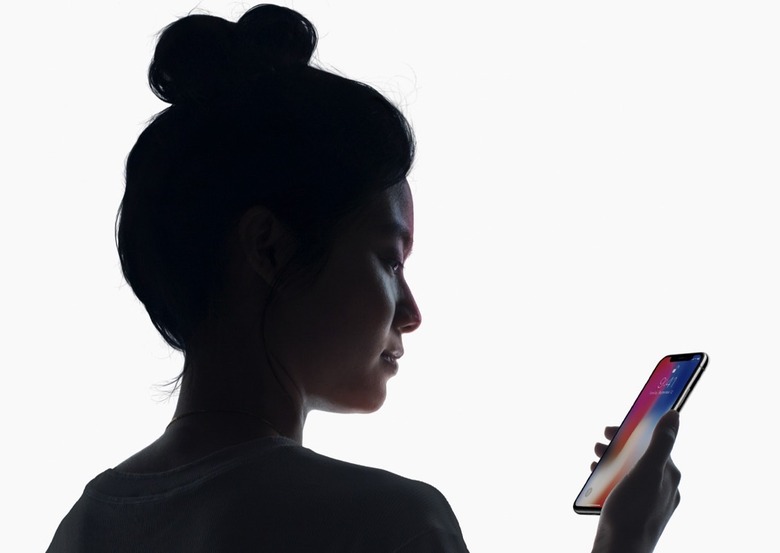The iPhone's Best Feature Might Be Coming To The MacBook Soon
- All iPhone 12 and 2020 iPad Pro models are expected to feature Face ID, the sophisticated 3D face recognition feature that Apple introduced alongside the iPhone X.
- A new discovery suggests that Apple might be exploring new features for Face ID, which could work best on devices with bigger screens, including iPads and MacBooks.
- Screen content encryption is a feature that would scramble content on the screen for people who might be looking at the device without authorization.
- Visit BGR's homepage for more stories.
From the moment I started using Face ID on the iPhone X a few years ago, I never looked back. 3D face recognition doesn't always work, and may take a while to master, but it's the best thing to have happened to the iPhone in years. It delivers instant, perpetual authentication, which is impressive to use not just for unlocking the phone, but also for other apps that might require password input or biometrics-based authentication.
In other words, if an app supports Face ID, I have it enabled, and logging into it is a breeze. I've said before that Face ID is the future of authentication for Apple devices, and the feature might soon be used on more products, not just the iPhone and iPad Pro. In fact, if there's a product I'd want to see Face ID on, it's the Mac.
Having your Mac or MacBook unlock the screen as you approach the desk is going to be a cool feature, and Apple could use it to offer users the same always-on authentication feature that's available on iPhones today. The MacBook, of course, already comes with a built-in fingerprint sensor that's blazing fast and lets you log into the Mac and other apps with ease. But built-in Face ID would be even easier to use. After all, if you're using your laptop, you're probably facing your laptop's camera as well.
There's no indication that the MacBook will get Face ID anytime soon in current rumors. Apple is expected to release brand new MacBooks this year, including devices running on A-series chips, but a MacBook makeover isn't expected until 2021. And even so, we have no idea whether Face ID will be on board.

But Apple is at least considering adding Face ID cameras to the Mac. Better said, the tech described in a 2019 patent titled Gaze-dependent display encryption (via PhoneArena) makes it clear that a MacBook with Face ID would be required for this to work. The patent details technology that would make it impossible for others to read the contents of your screen as you're using the device in public:
Portable electronic devices such as laptop computers, cellular telephones, and tablet computers are often provided with displays for displaying visual information. These portable devices are often used to view content that is private, confidential, or even classified. However, when these devices are used in public spaces such as cafes, trains, buses, airplanes, airports, or the like, there is a risk that the private, confidential or classified information could be viewed by an unwanted observer looking at the user's display.
The screen areas that other people would be glancing at as you're working would be encrypted like so:

The text would be scrambled in those areas where others are gazing, but you'll be able to work normally. This type of technology applies best to a MacBook or iPad, both of which have large screens. But there's no reason not to have it on board of the iPhone as well. The following image clearly makes a case for having this Face ID feature enabled on MacBooks:

And yes, you'd need proper 3D face recognition support on a computer to authenticate the user or users allowed to glance at the screen. Face ID already protects certain content on the iPhone screen from being displayed to strangers. Other people can't read your notifications thanks to Face ID, even if you leave the iPhone or iPad sitting on a table — although the screen has to be locked for the feature to work.
As with other Apple patents, just because Apple has been studying this new privacy and security innovation, there's no guarantee we'll see it on the iPhone 12, 2020 iPad Pro, or any of the upcoming MacBook Air and Pro models. But all iPhone 12 models and new iPad Pros will ship with Face ID cameras, just like their predecessors. Not to mention that user privacy and security is a feature Apple often advertises when talking about its new products.
